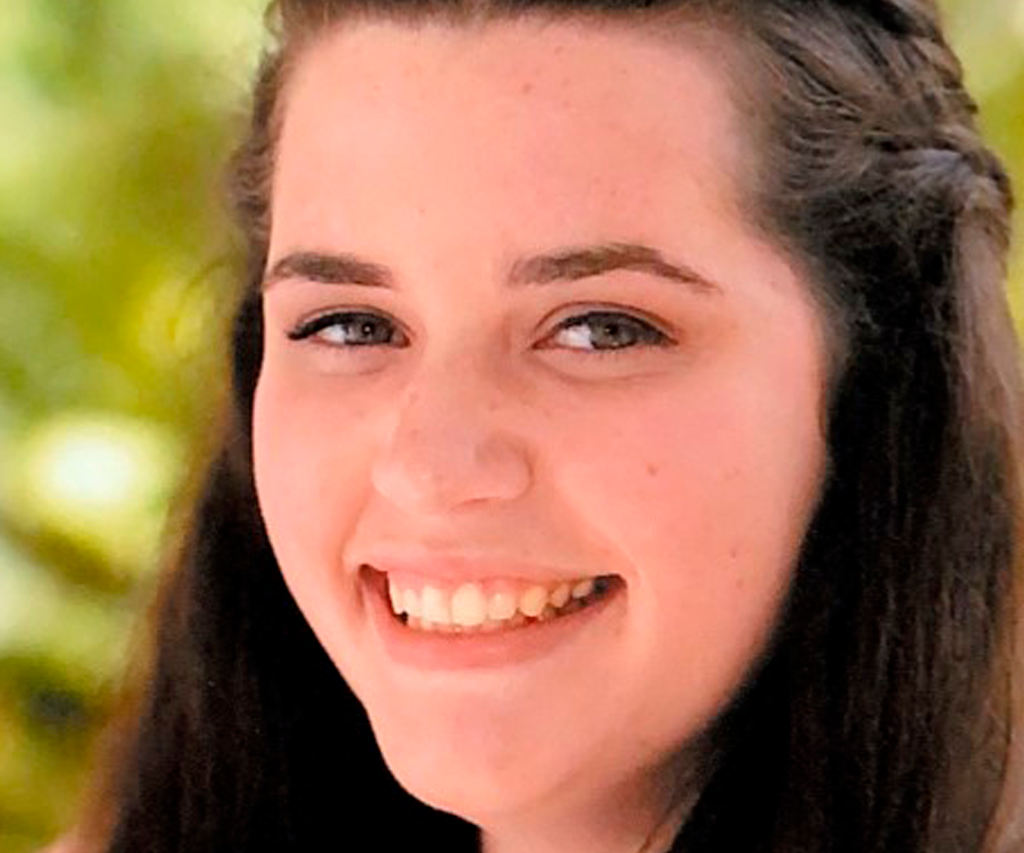
Clear, open communication is essential for efficient collaboration within the scientific community. Transparent dialogue is equally vital for connecting with the public. People can only engage with and support what they understand, so scientists must articulate our work clearly to diverse audiences. Emphasizing real-world applications makes research relatable, highlighting its impact on a personal level and fostering support. Finally, it’s important to be honest about the limitations of our work to avoid the false elevation of public expectations and prevent future mistrust.
EMMA HEATON
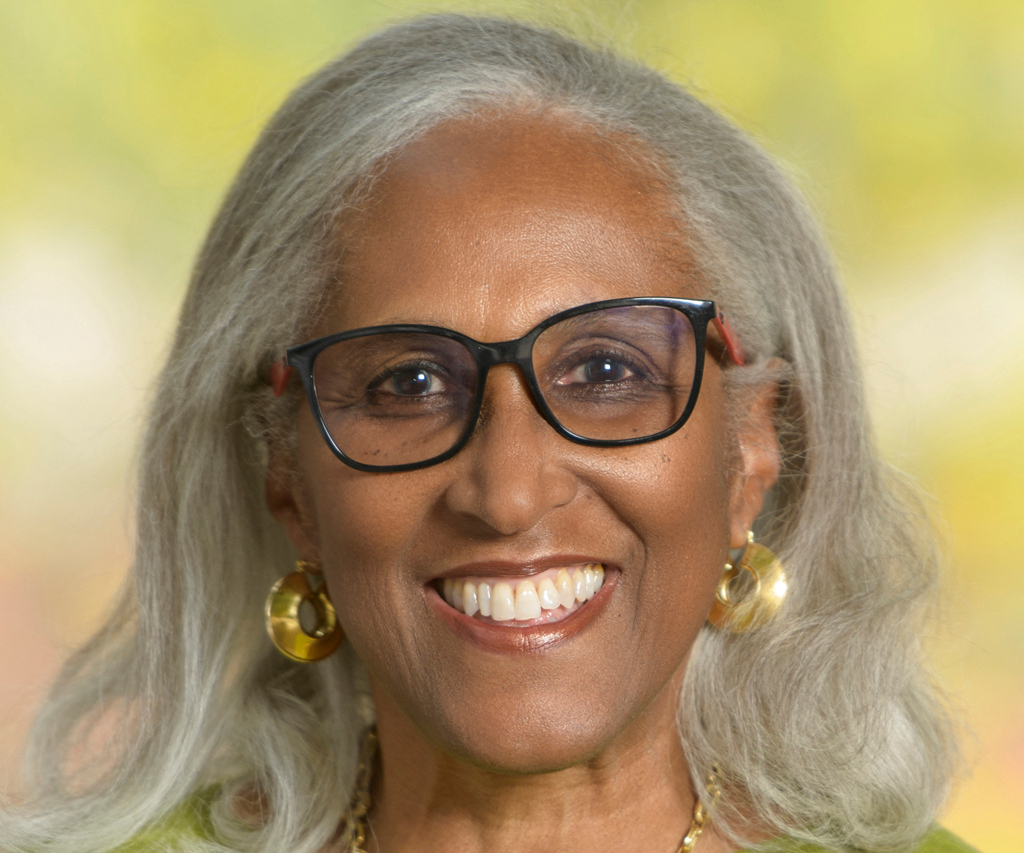
We need to engage the next generation to stimulate interest in science. Too few are choosing science as a career. From pre-school to high school, within 10 years these kids will be the next pair of hands that will make critical, perhaps lifesaving discoveries, undertake those clinical trials and possibly develop scientific policy.
JUANITA MERCHANT
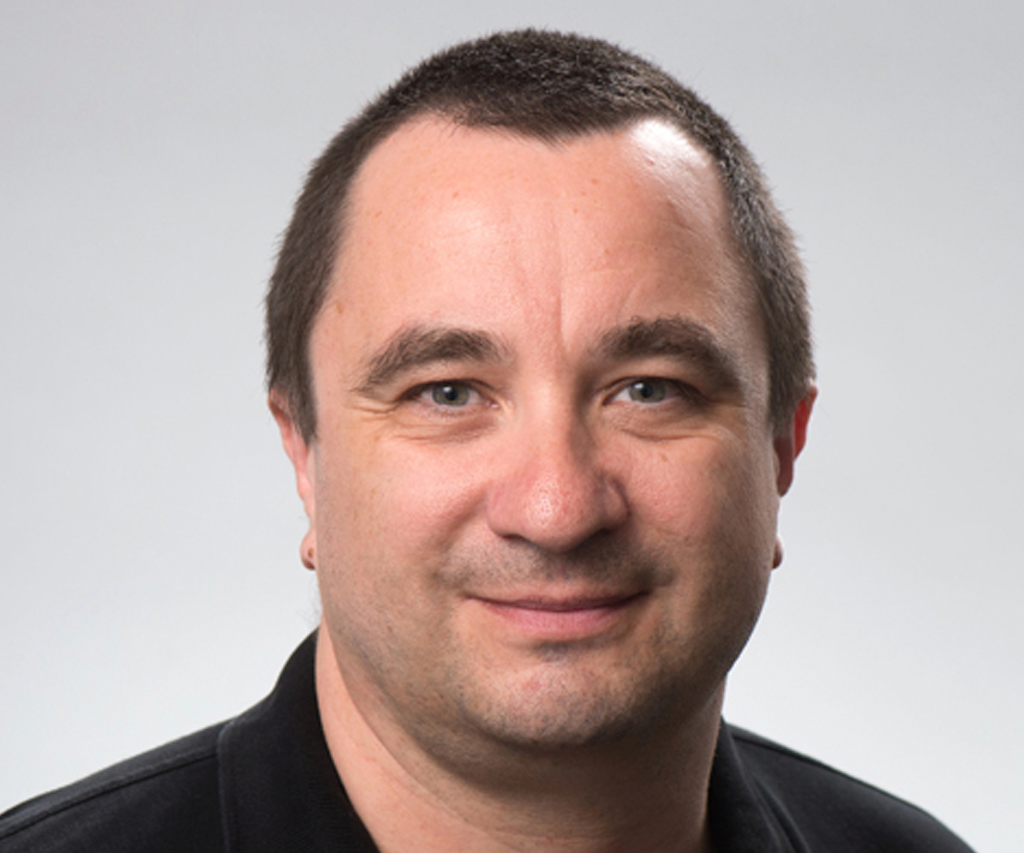
Doing more to explain our work to the public would help. My group is involved in many such activities. With support from the Leenaards Foundation, we built a website dedicated to Precision Medicine that explains its principles and, in collaboration with Canal 9, created several short videos on this topic as well. I have also given several presentations to the public at large during scientific fairs. More recently, Fanny Krebs, from my UNIL group, co-organized a “Pint of science” meeting in Lausanne, which was dedicated to precision medicine.
VINCENT ZOETE
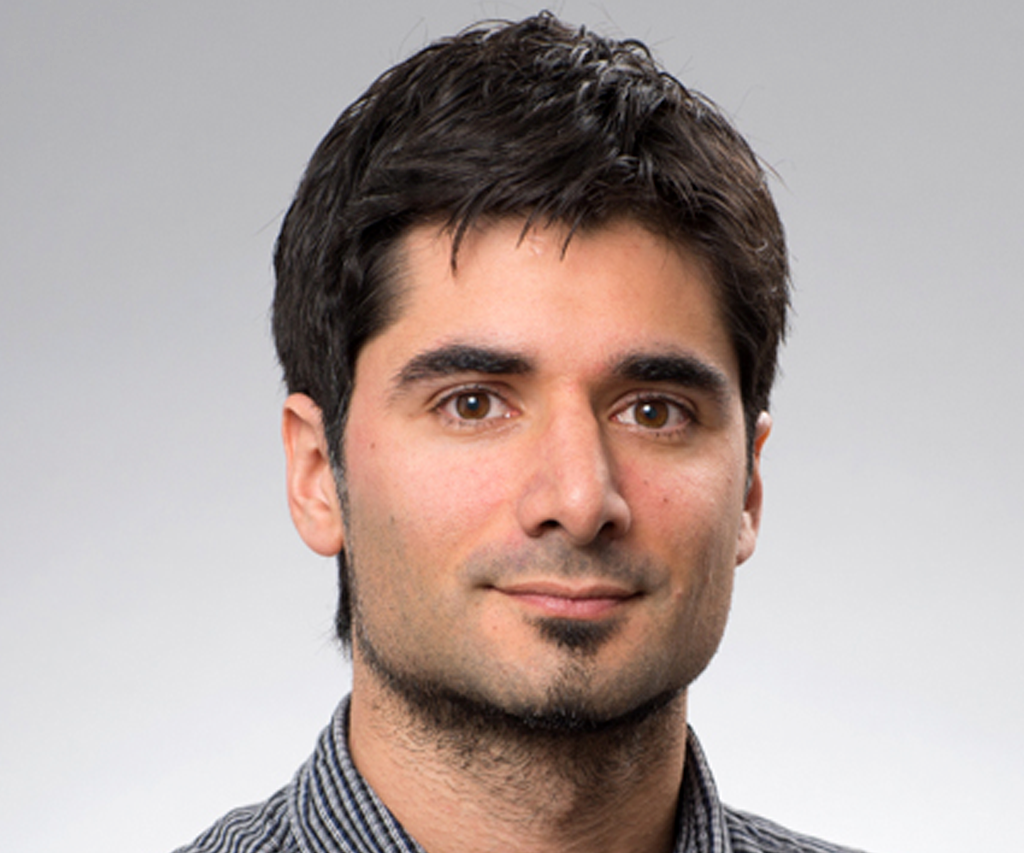
Perhaps–to paraphrase Carl Sagan–we can emphasize that we live in a society that is absolutely dependent on science and technology, and very few people understand science and technology. Failing to support scientists can threaten human wellbeing. Science is uncertain and scientific truths change in light of new evidence. You don’t learn to be a scientist just by reading or listening, but essentially by doing scientific research.
SANTIAGO CARMONA
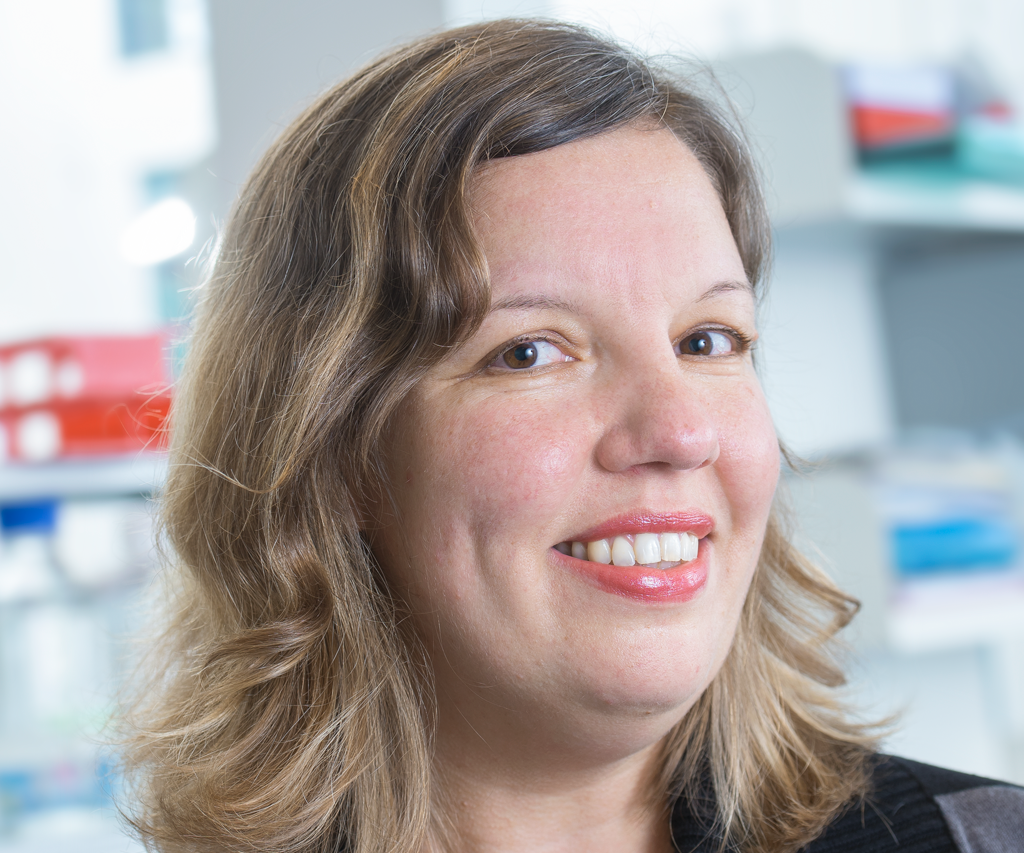
Communication is key to garnering public support for funding scientific research. It is essential that researchers present their work in public forums including radio, television and social media in a way that can be understood by the average person. With respect to oncology, it is important for the public to understand that the treatments saving lives are thanks to research!
MELITA IRVING
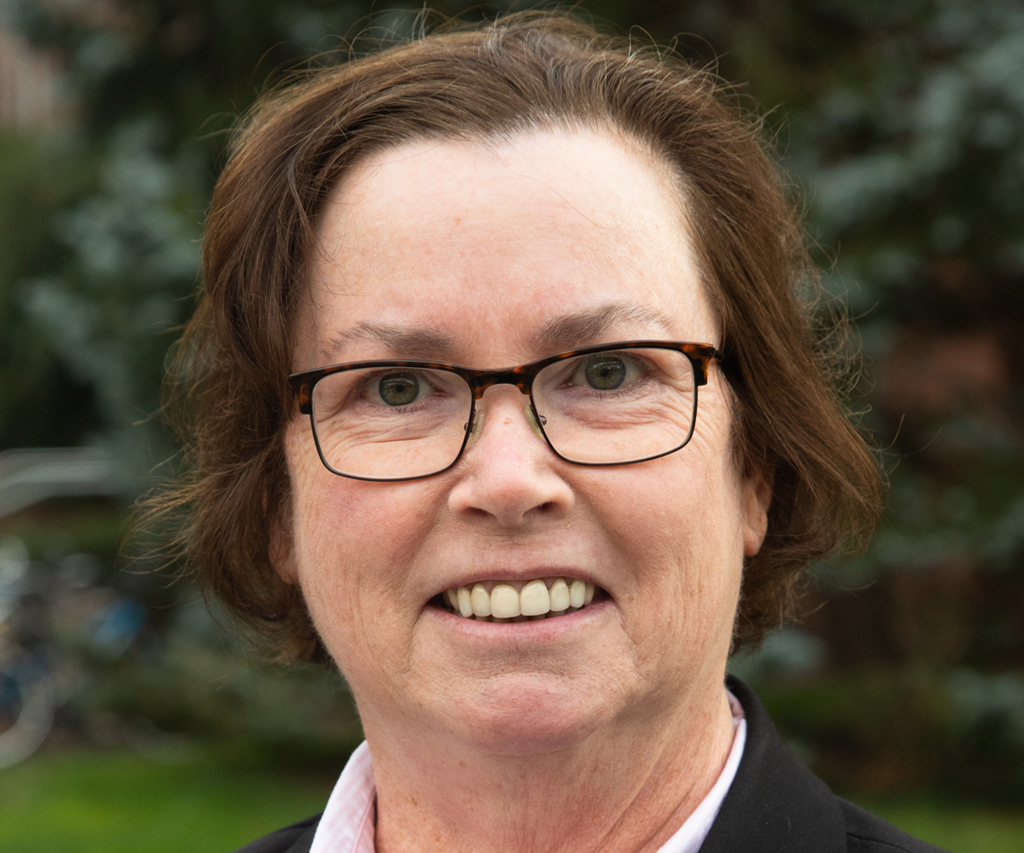
I think the best way to build public support for scientific research is to communicate to the public what we do and why it is important to them and to society overall. I think it is underappreciated that cancer is a common disease that afflicts one in two men and one in three women, which means everyone will face it personally either themselves or with a family member. Finding better treatments and cures through research touches everyone.
EILEEN WHITE
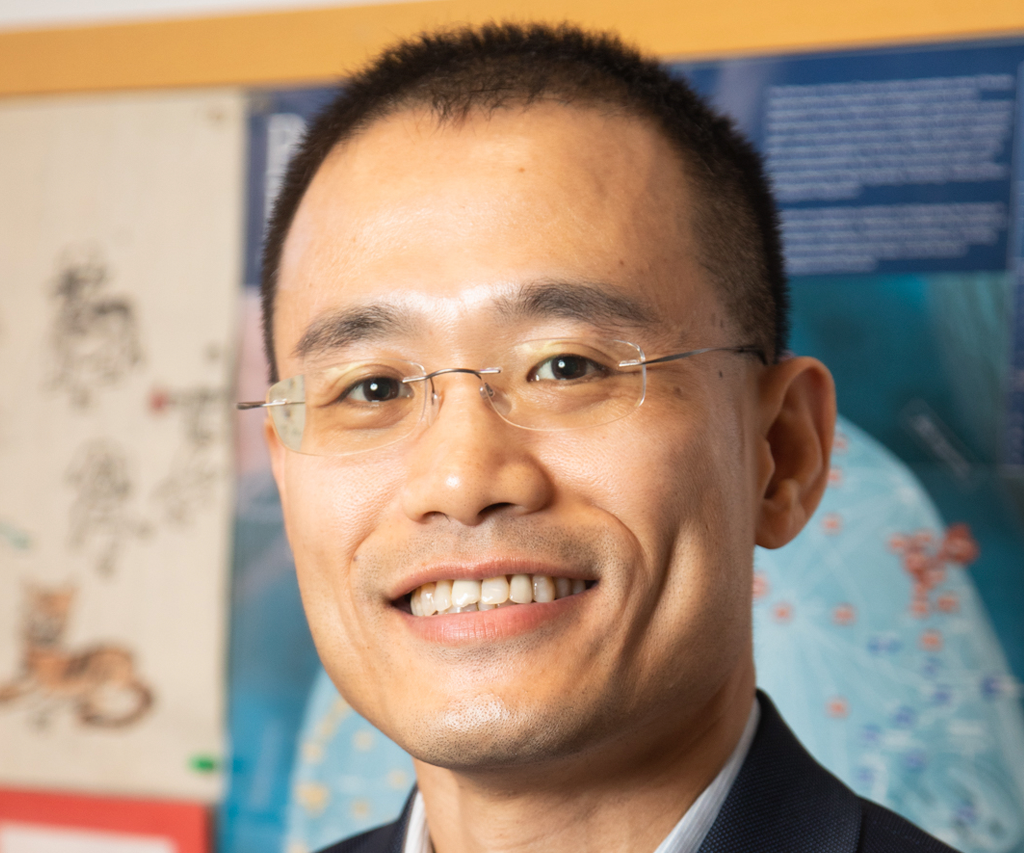
To garner public support for cancer research, we need to convey the challenge, significance and impact of our work in languages that are accessible to the public. By fostering understanding and showcasing real-world benefits, we can ensure strong public support for innovative cancer research that will be the foundation for future therapeutic breakthroughs.
YIBIN KANG
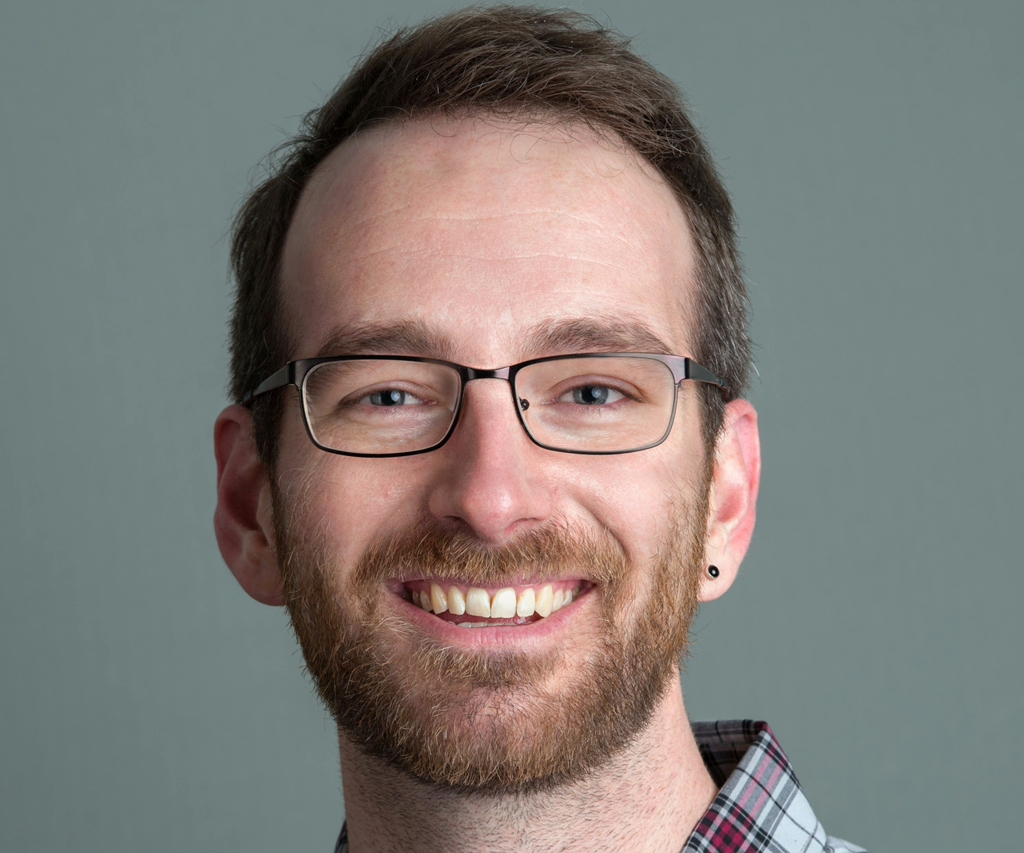
This is so important—especially with public investment in scientific research threatened in the US and other countries. Talk with your representatives and share with them the data that public withdrawal from scientific investment threatens national health and competitiveness. Tell them you want to see a budget that invests in the future. Join a group that advocates for public investment in research. Patient advocacy groups and research societies mount effective lobbying campaigns to increase government investment in scientific research. Find one that speaks to you and help out.
ALEXANDER MUIR
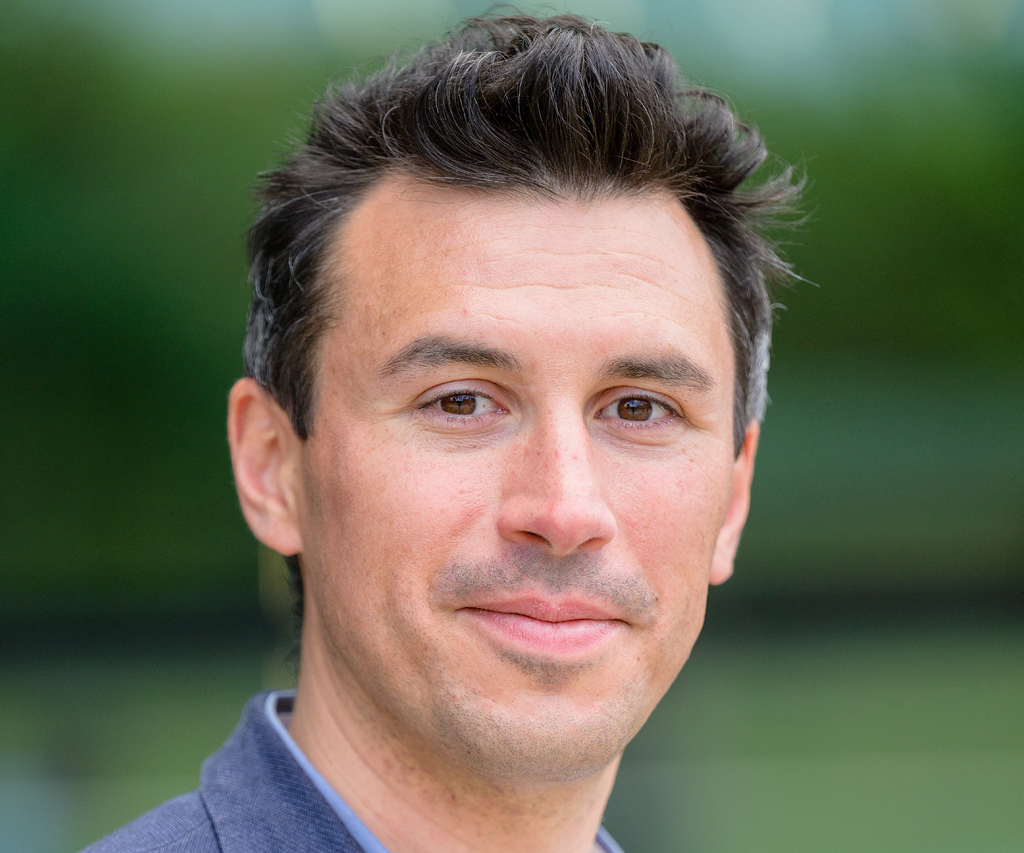
Enroll skilled content creators to produce original, engaging and scientifically accurate content for social media, including videos, reels, stories to explain and promote Ludwig research, making complex topics accessible. Highlight real-world applications, showcase behind-the-scenes work, and interact with the community to build trust and enthusiasm around our scientific endeavors.
FRANCESCO BOCCELLATO
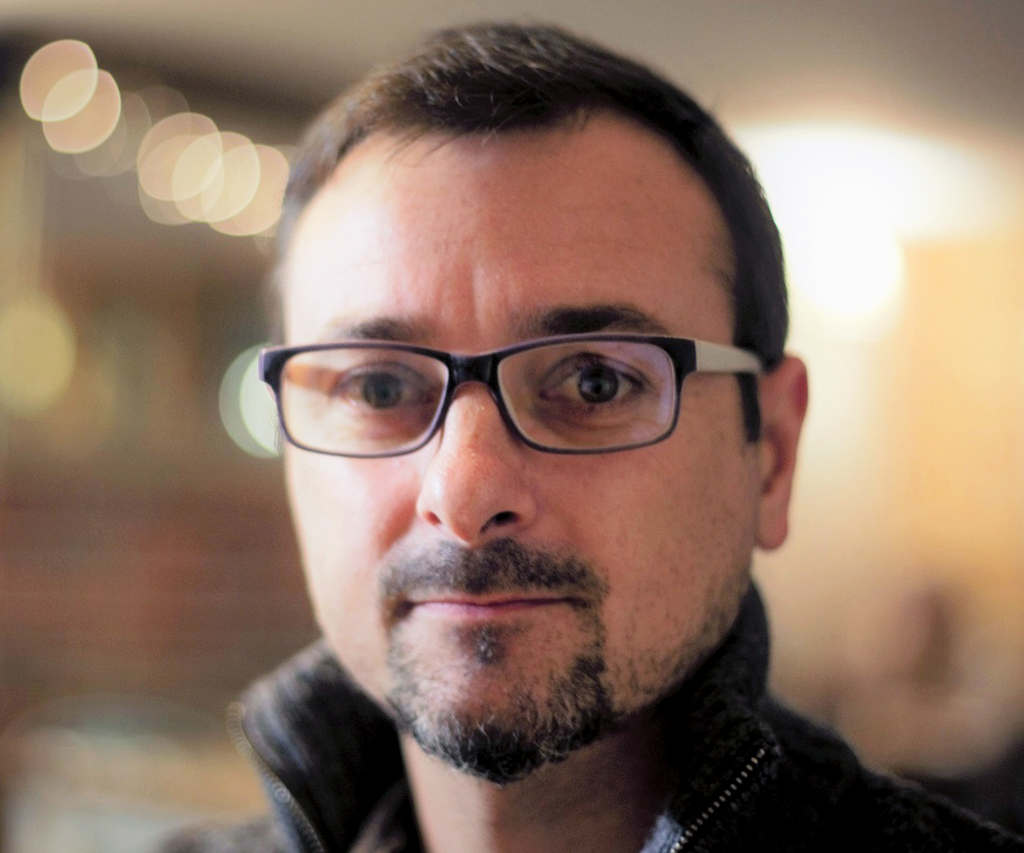
The key to cultivating public support for scientific research is communication, but young scientists are not trained for this. Communicating science should play a part in educating every generation of young scientists; at Ludwig Oxford we have started a pilot program with secondary school students to achieve this.